Only logged in customers who have purchased this product may leave a review.
₹250.00
From very ancient times, human beings have been taught to regard thought as the most powerful and perhaps the only instrument they have for dealing with life. Krishnamurti shatters this dearly held notion by declaring that the instrument of thought produces havoc within individuals and in the world at large. Thought, no doubt, has helped man to progress in functional areas, and it has its rightful place there. But in the psychological realm, the solutions it offers only create more problems. Developing this theme in this book, Krishnamurti shows how the instrument of thought is inadequate in tackling the basic emotions that generally underlie individual and collective action—violence, hurt, conflict, insecurity, pleasure, fear, sorrow, and so on. He explains, in different contexts, how thought itself creates and sustains these problems. So is there ‘a new instrument totally different from thought’, he asks in this series of talks given in New Delhi, Calcutta, Madras, and Bombay between October 1982 and January 1983.
Related products
-
₹150.00Quick View
In these talks, given in Saanen, Switzerland, and Amsterdam in 1981, Krishnamurti likens the human mind to a computer that has been ‘programmed’. Each human being thinks according to his particular program which dominates him; each one is caught is his particular ‘network of thought’: What we regard as personality, the ego or the ‘I’ is no more than a programmed network of thinking.
-
₹175.00Quick View
What is it that is hurt? It is the image that one has built about oneself. If one were to be totally free of all images, then there would be no hurt, no flattery. So we are asking whether this image built from childhood, put together by thought, a structure of reactions, a process of remembrances—long, deep, abiding incidents, hurts, pain—can end completely. Find out for yourself whether you can be free of that image…
-
₹295.00Quick View
This book consists of the talks Krishnamurti gave in New Delhi, Madras, Bangalore, and Bombay between December 1970 and February 1971. The title is a summing up of many of his statements that form the common theme of these series of talks. “The First step is the last step. The first step is to perceive – perceive what you are thinking, perceive your ambition, perceive your anxiety, your loneliness, your despair, this extraordinary sense of…

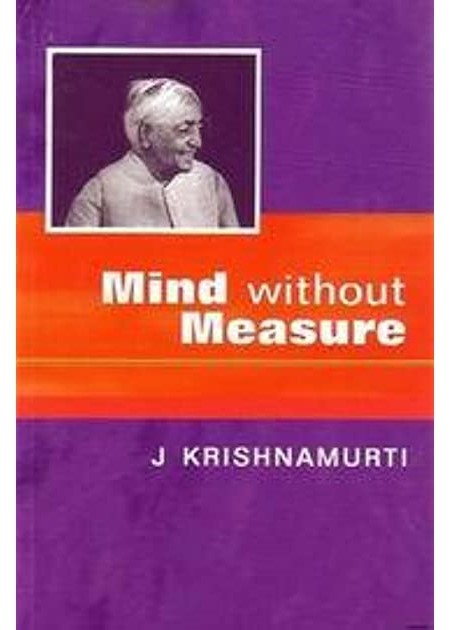
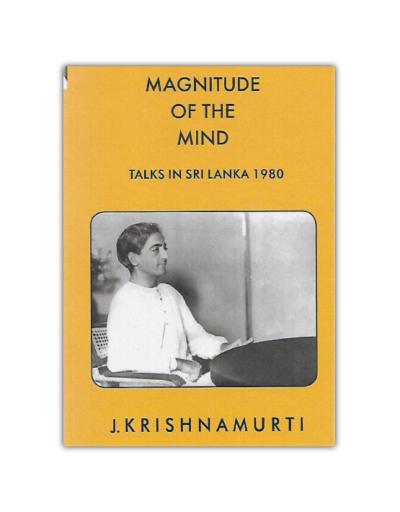
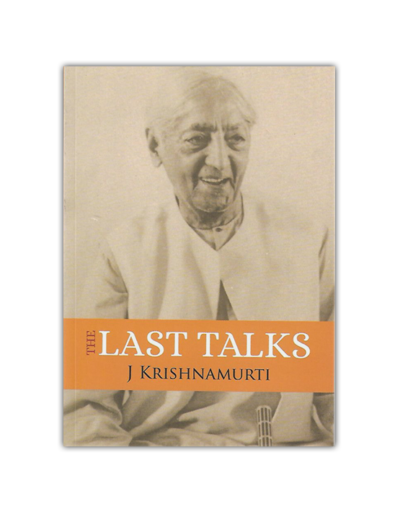
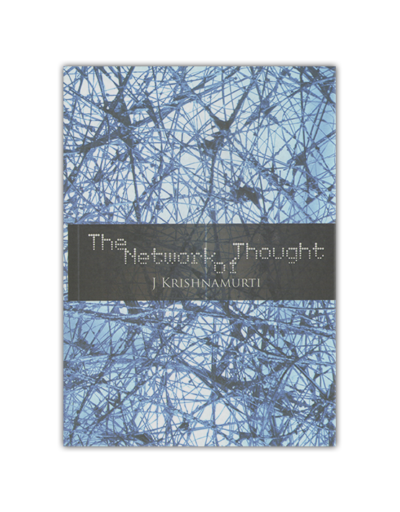
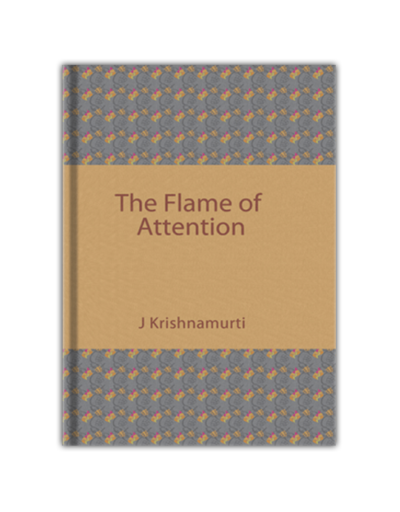
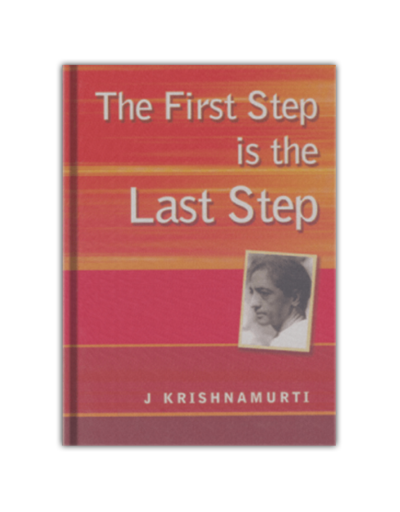
Reviews
There are no reviews yet.